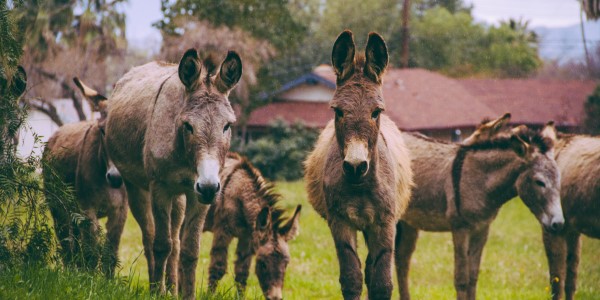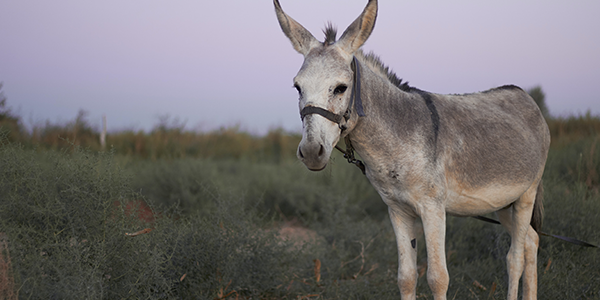The word “equine” has its origins in Latin. It is derived from Latin meaning “pertaining to a horse”. The Latin word “equus” means “horse”. It is often used in English and other languages to describe things related to horses and horse-like creatures. Continue reading for more information on how we use this word in English. Also, if you are looking for a horse property for sale in Colorado, contact Colorado Horse Property today and speak with one of our horse-person realtors.
Answering The Question: What Does “Equine” Mean?
Equines include a relatively small number of species compared to some other animal families. There are three extant (currently living) equine species commonly recognized—horses, donkeys, and zebras. Horses are the most domesticated equine species. They come in various breeds. We use them for various purposes, including riding, racing, work, and companionship. Donkeys, also known as asses, are closely related to horses. Horses are hardy animals and we use them in agriculture and transportation, especially in regions with challenging terrain. Most people recognize zebras for their distinctive black and white striped coat patterns. There are several species of zebras, including the plains zebra, mountain zebra, and more. Unlike horses and donkeys, we typically find zebras in the wild. In other words, humans have not domesticated them to the same extent as other equines.
The term “equine” is also an adjective that pertains to or relates to horses, donkeys, and other animals of the horse family. It describes characteristics, attributes, or things associated with these animals. Equine anatomy refers to the study of the physical structure and body parts of horses and related animals. There is also equine behavior is the field of study that explores the behavior patterns, social interactions, and psychology of horses and equids. Equine industry is a term that describes the collective businesses and activities related to horses, including horse breeding, racing, riding, and more. Another big term is equine medicine. This is a branch of veterinary medicine, specifically for the health and medical care of horses and related species.




